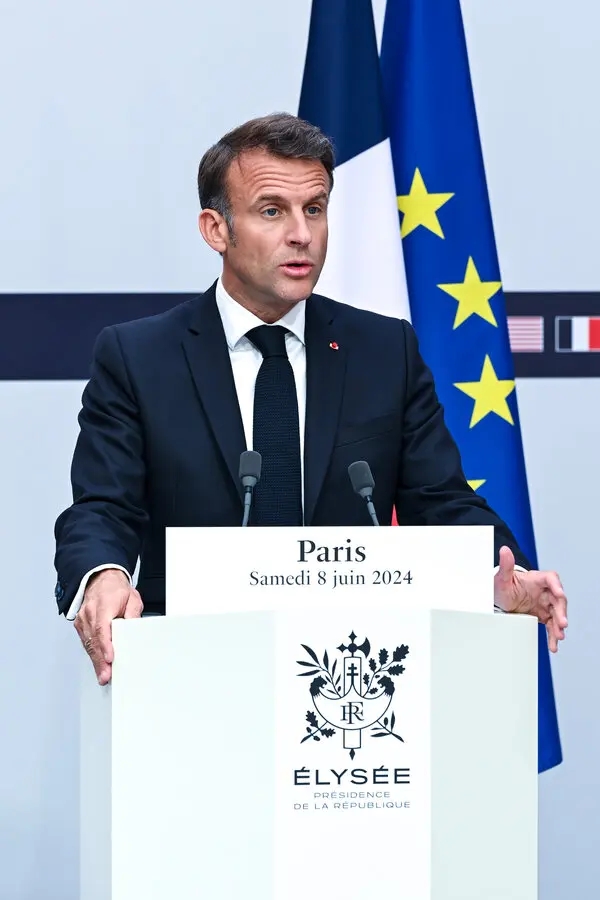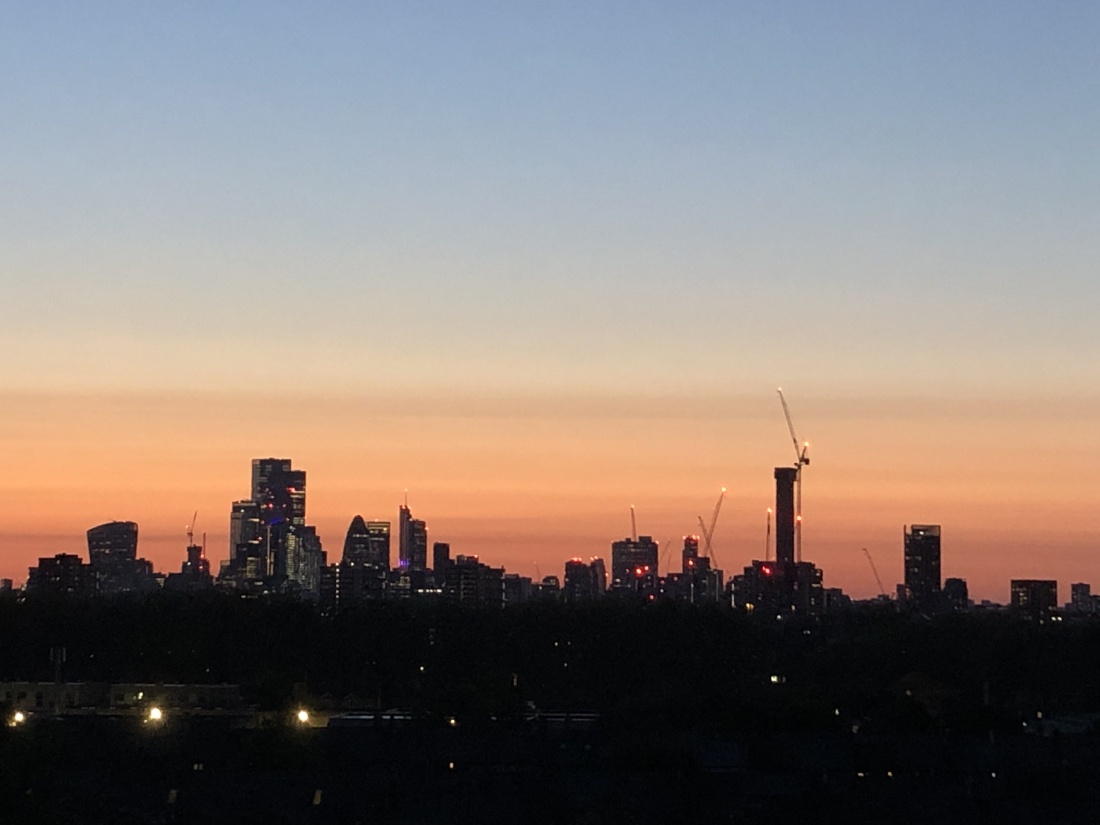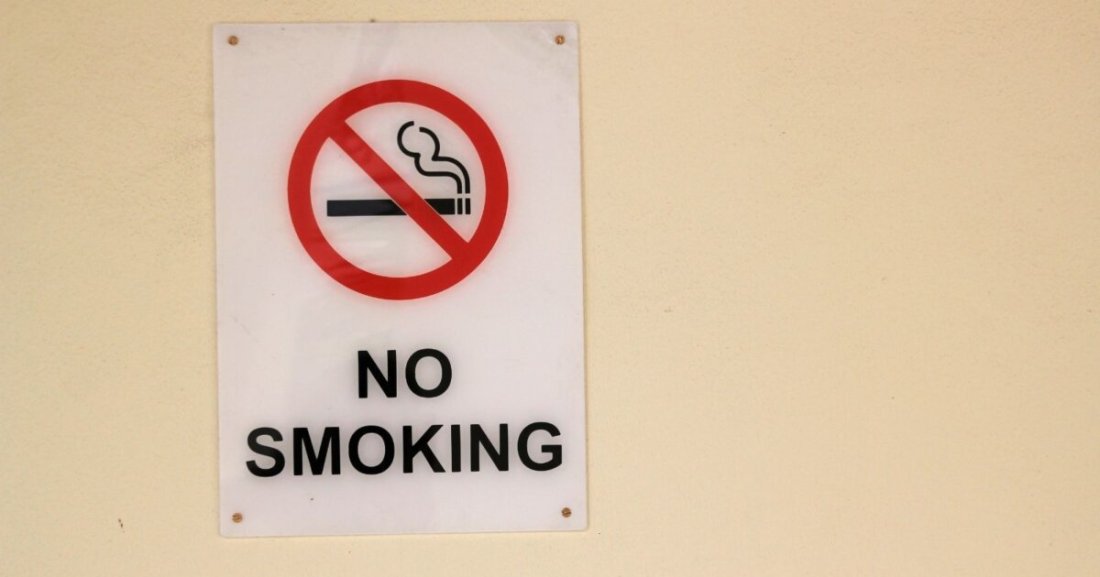On Thursday 02 May 2024 Londoners will vote in the Greater London Authority (GLA) and London Mayoral Elections. This important election will set the direction for this major conurbation in the South-East of England. This city has been politically and economically dominant over the rest of the British Isles for much of the last 2,000 years, but it would be fair to say the capital has had a rocky few years.
In this year’s mayoral election, the choice is between the incumbent Labour Mayor Sadiq Khan, and Trump-supporting Conservative Susan Hall. Unlike previous GLA elections, this election will use the First Past the Post electoral system due to Conservative Government changes to the electoral laws. Voters will also be required to bring ID, a move no doubt designed to suppress voter turnout by non-Tory voters.
The significance of London to the UK economically
The London Metropolitan area generates around 1/3 of the UK’s GDP. For those living outside of London, there is considerable resentment that politicians and bankers hoard wealth in the city and do not share this wealth with the rest of the country. The counter-argument to this is that when London generates 1/3 of the UK’s GDP it must receive proper investment.
The London economy is often viewed as quite separate from the rest of the UK. Certainly, when the UK was a member of the EU, the connection between London and other European cities was stronger than that with regional cities like Sheffield or Liverpool – though there are clearly strong links between these cities and London.
Other parts of the UK, such as the north of England will complain about lack of investment and jobs in their region. This becomes a self-fulfilling prophecy when all the money and jobs are in London – this is more likely to be where new businesses and employment are created. On the other hand, does all GDP generated in London stay in London? Or does quite a bit of it get used to support different parts of the UK?
While there can be no doubt that there is considerable money and wealth in London, there is also deprivation and poverty. While London might generate 1/3 of the UK’s GDP, its residents are not all reaping the rewards of this wealth.
London Politics
The population of Greater London in 2019 was around 8.9 million, or around 12.5% of the total UK population. It is by far the most culturally diverse city in the UK. It also is one of the most cosmopolitan cities in Europe.
There is a general feeling of frustration in London. This frustration is directed at the Mayor, GLA, and the government in Westminster. In my earlier blog post on the Uxbridge by-election in mid-2023 I discussed some of the challenges London faces with the introduction of the Ultra Low Emissions Zone (ULEZ), where to ensure the capital has clean air people were being charged for driving older polluting vehicles in the city. That this has been introduced during the worst cost of living crisis in decades has made things very difficult for people who rely on cars to get to work, particularly in the outer suburbs of London. It is worth noting that 46% of London households have no vehicle, and this rate is even higher for those living in zones 1-3 where public transport is more reliable.
But the frustrations go beyond ULEZ. London is a city that voted overwhelmingly ‘Remain’ in 2016, whereas England as a whole the UK nation most supportive of leaving the European Union. In a city with considerable links to Europe, and where the banking sector is a major part of London’s economy, the anger and frustration at the Brexit result continue to simmer eight years after the referendum.
There has been valid criticism in the past that power is too centrally located in and around Whitehall, thus by default political decisions tended to favour London. There is certainly some evidence that this has occurred, at least historically. However, there is also evidence that Londoners often do not benefit and at times are forgotten by policy-makers.
While most MPs and civil servants would spend a significant portion of their week in London, only 73 of the 650 MPs in the House of Commons represent London Constituencies. Labour tends to dominate politics in London. Labour or centre-left candidates have won four of the six London Mayoral elections since 2000. At the 2019 election, while there was a national swing to the Conservative Party, Labour elected 46 Labour 20 Conservative MPs. Labour controls 23 of the 30 Borough Councils in London.
By contrast, the Conservative Party has historically dominated politics in England. And with 80% of the UK’s population living in England, and by winning there, the Conservatives have dominated Westminister and British Politics. UK politics is often dominated by Tory Shires and rural areas and towns in the south of England. The Brexit result in 2016 illustrated that having a London-dominated campaign will likely cause a backlash from voters in other parts of England.
It is not just through Party allegiance or issues like EU membership London is out of step with the rest of England. The fact is that London is perceived as wealthy and affluent. Other parts of the UK have struggled, especially ex-coal mining areas in Wales and the North of England. In these areas where public transport and other key infrastructure is poor, there is little patience for the Government investment in London.
Though not is all that it seems with regards to London. The Levelling-Up agenda has been sold as a programme to invest in these left-behind communities which desperately need infrastructure, industry and jobs. Yet many do not realise, that a not insignificant amount of Levelling-Up funding has also been spent on deprived parts of Greater London.
The high price of living in London
There is money in London. People who live within the M25 earn more. But, they spend considerably more for the privilege of living in Capital City. Increasingly people are being forced out of the city, with many former East London residents now moving to commuter counties like Essex and Kent. The cost of housing has skyrocketed in the last 20 years, meaning once affordable middle-class properties in Zone 2 and 3 of London are now worth over a million pounds. Properties in my suburb of Deptford are being advertised as starter homes with a price tag of £500k. Given most lenders require a 20% deposit, these properties are out of reach of most people living in the area.
So people end up in the rental market. According to Zoopla, the average monthly rent in London as of April 2024 is £2,121. Council tax, internet, water and energy bills are usually on top of this and have increased significantly in the last two years. The average monthly income after tax is £2,902.50. This means most renters spend well over 2/3 of their income on rent and utility bills, with other costs like train fares and groceries many are left with very little disposable income each month.
The demand for council housing or other genuinely social rent homes (rent that is based on levels of income) is high and this cannot be met by local authorities. People can wait for years for social housing. Worse, the condition of many council estates in many parts of London is bad.
People wanting to start a family are understandably leaving London due to these costs, while others are deciding not to have children due to the expense and pressure of living in the capital. There are likely to be school closures across London in the coming years due to these factors. This in turn will potentially drive more families out of the city.
London is increasingly becoming a city where urban professionals work every hour they can to survive. For the unemployed or those on low incomes, living in this city is nye-on impossible. My own experience of moving to London in 2017 was not easy. Finding decent work in London takes time and the set-up costs of moving to the city were extreme. While for me part of this was moving from New Zealand, for people moving from other parts of the UK to London they face many of these same challenges. It is very easy to get into considerable debt or to face hardships. Yes, moving to London is a choice, but it is the UK’s capital and economic centre so continues to be where many of the work opportunities are.
Infrastructure in London
One of the key narratives around the Levelling-up strategy is that it is to improve infrastructure in parts of England that traditionally have missed out. It is hard to argue that a decent rail network between Manchester and Liverpool should not be a key priority for transport investment.
London has received transport investment with the Cross Rail/Elizabeth line which opened in 2022. Though arguable much of the benefit of this line was for people outside of London in places like Reading who are now connected to the London network.
However, one of the key challenges in London is investing in the existing network. An example of this is the Bakerloo line. The current rolling stock on this line was purchased in 1972 and was due for replacement in 2008. It is now 16 years past its best-before date, and the line is now at risk of critical failure as a result. There are also strong arguments that this line should now be extended from its current final stop in Elephant and Castle, South East through to Hayes via Old Kent Road, Lewisham and Catford. A campaign was recently launched called Back the Bakerloo with the support of Borough Councils throughout Greater London.
The challenge for projects like this is that the Central Government at this time will be reluctant to bankroll major projects in London. They can underwrite any loans for the Greater London Authority, but even here, with the current state of Government finances and debt, this could be challenging.
Devolution of power to the Greater London Authority
One of the big challenges faced by the Greater London Authority is that it only receives a fraction of the tax collected in London. In New York roughly 50% of taxes collected go to the city authority, and in Tokyo over 70%. In London, that figure is under 10%. This is why during the pandemic the London Mayor had to go cap in hand to the Conservative Government (a Government most Londoners did not vote for) and ask them to bail out Transport for London due to the fall in passenger numbers during lockdown. The Government insisted that passenger fares in London increase, something Mayor Sadiq Khan has promised not to do. This was clearly political game-playing and is all too common when it comes to local government finances.
The implementation of ULEZ suffered similar political game-playing. When it was implemented, the London Mayor had asked the government to support a vehicle scrappage scheme just as it had done in the West Midlands where Conservative Mayor Andy Street has held office since 2017. If the Greater London Authority had stronger devolutionary powers and a greater share of London’s tax revenue a much better scrappage scheme could have been introduced.
Of course, the history of London Government and Westminister has been marred in conflict. In 1986 the Thatcher Government famously abolished the Greater London Council in response to the policies of left-wing Mayor Ken Livingston. Most people across the political spectrum would now agree this was a foolish decision and the current Greater London Authority was created by the Blair Government in 2000. However, there remains a power imbalance in favour of Whitehall and the government. The Greater London Authority and Borough Councils in London are not given sufficient powers to serve their local community. This challenge is not dissimilar to that faced by local leaders in other parts of the country. Whereas in Manchester or West Midlands, there is general recognition of the need for greater self-determination, not so for Greater London.
Reasons to be Cheerful
It would be easy to conclude that the picture is fairly gloomy given the challenges facing London. In addition to those mentioned, its Police force the Metropolitan Police has a poor reputation, while knife crime continues to plague London.
But London remains the cultural, political and economic capital of the UK. It does still have many strong leaders who will advocate for the city. Further, the challenges facing London like the housing crisis are becoming harder to ignore.
Sadiq Khan’s re-election pledges include free school meals for all primary school kids in London, building 40,000 new social houses and implementing rent controls. Khan also plans to continue his agenda to tackle air pollution in the city to improve public health and reduce greenhouse emissions in the capital. These are good practical measures to help people living in London.
The report authored by Gordon Brown in late 2022, recommends greater devolution in regions of England. It is highly likely that if Labour are elected to government this year, they will look to implement this part of the Gordon Brown report. This may include greater powers to the GLA.
Should a Conservative Party mayor be elected this week, or at some point in the future, the issue of devolution will not go away. Susan Hall or other City Hall Conservatives will not appreciate being dictated to by the government, especially if Labour are in power. Further, the Levelling-up agenda by the Conservative Government has included commitments to the devolution of power to local authorities. While there may be arguments on the details, both major UK political parties agree in principle that greater devolution is a good thing, including for London.
Greater London will not have an easy time over the next decade. The problems listed above are coming to a head fast and cannot be ignored for long. Things need to change in London, and it is reasonable to assume things will change over the next few years.



